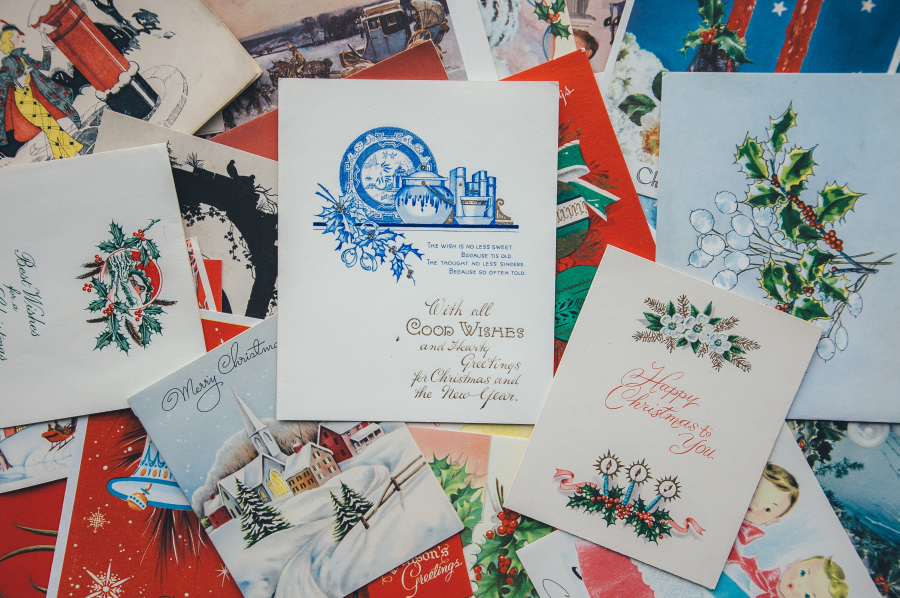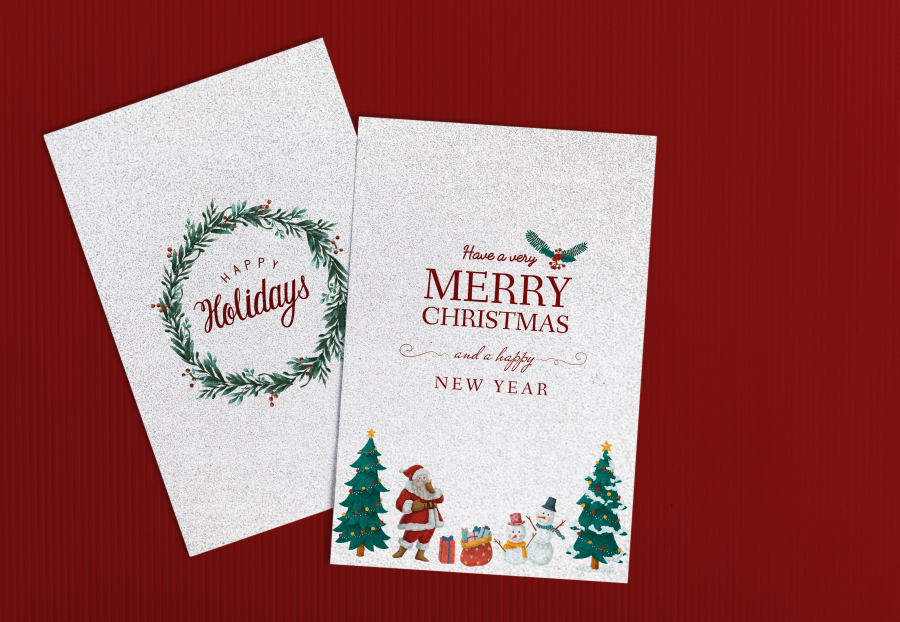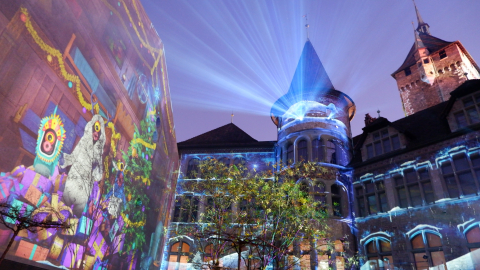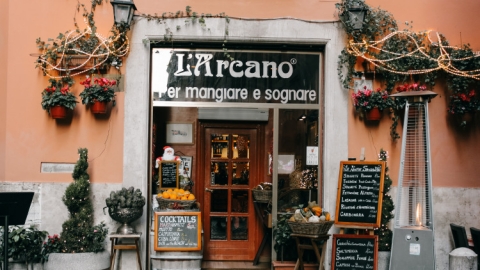
Christmas cards originated in England in 1843. Before that, during Christmas, people could only write handwritten Christmas greetings and personally deliver them to the recipients. Later, thanks to the development of the postal system, sending Christmas greetings no longer required much effort.

The world's first greeting card was designed by a London artist, J. Horsley. His close friend, Sir Henry Cole, asked Horsley to design a beautiful card for him to send to family and friends.
Thus, on Christmas Day 1843, Horsley unveiled the world's first Christmas card. The card was a three-part, hand-drawn picture. The middle section depicted a family gathered around a Christmas feast, while the other two parts showed poor children being fed and clothed. The first Christmas card prominently displayed the greeting: "Merry Christmas and a Happy New Year to you!" With this Christmas card design, Henry Cole produced 1,000 cards. At the time, cards were printed using lithography and colored, making them quite expensive. Currently, about 12 of these cards are still found in private collections or museums.

Christmas cards quickly became popular in England when the government allowed people to send letters anywhere in the country at a low cost. For the next 10 years, Christmas cards became a popular trend in England and soon spread to Germany. However, it took another 30 years for Americans to adopt this trend.

In 1875, a German printer living in America created a high-quality printed greeting card using 20 blended colors on a single card. He quickly became beloved and was given the title "Father of Christmas Cards." The images on his cards were incredibly diverse. From 1881 onwards, he produced approximately 5 million cards annually. Gradually, with the progress of society, we have the greeting cards we see today.

Greeting cards now aren't just printed, hand-drawn, or made from various materials; there are also incredibly beautiful musical and light-up cards. You can choose a card, write a message, and send it to your loved ones this Christmas.


 VI
VI EN
EN
















.jpg.jpg)
















